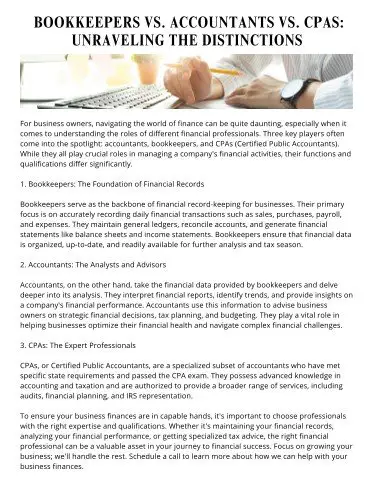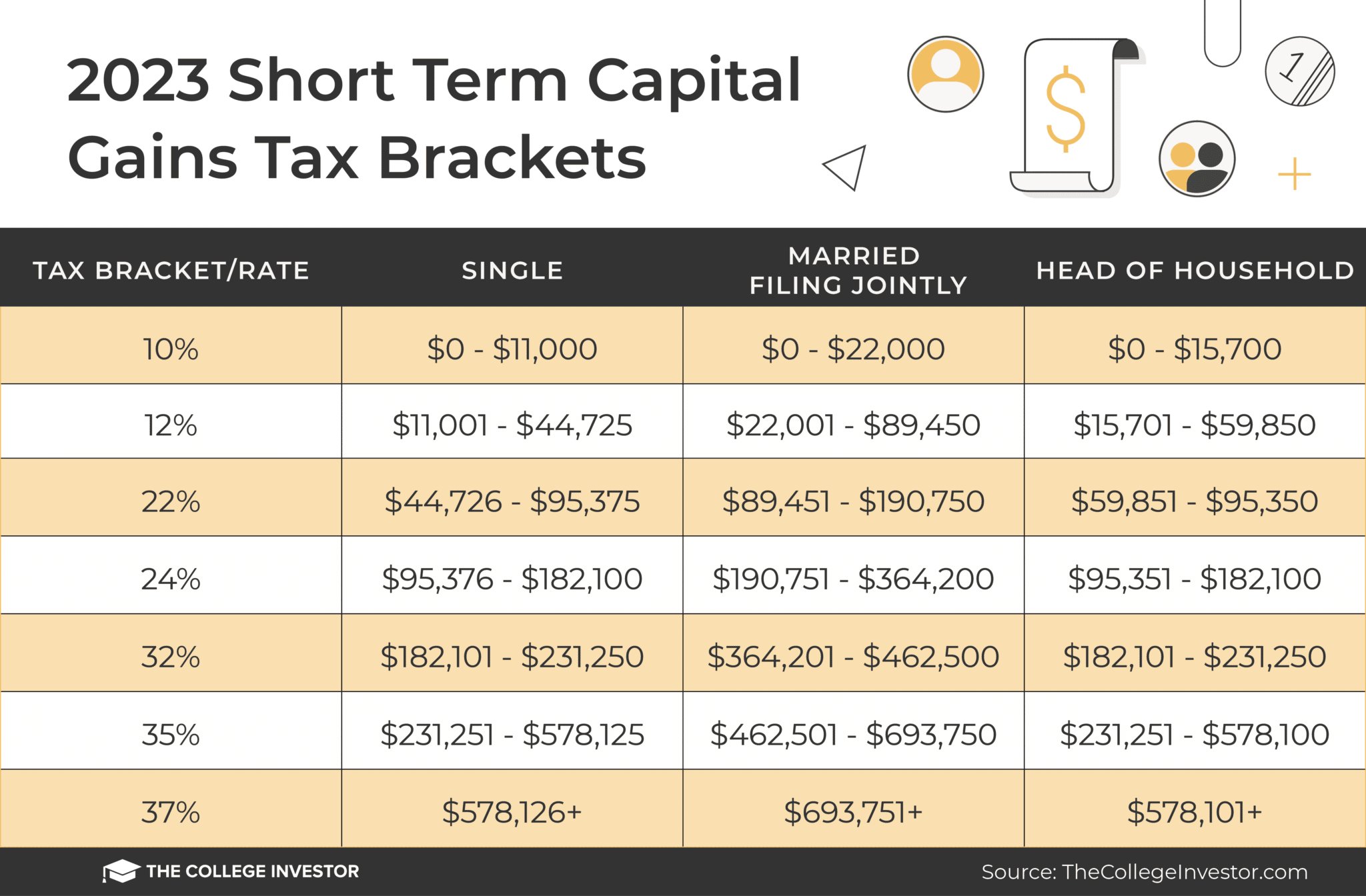Tax season can be a daunting time for many individuals and businesses. The thought of gathering and organizing financial records can cause stress and confusion. But fear not! In this article, we will show you how to optimize your financial records for tax season, making the process smoother and more manageable. By following these simple steps, you’ll ensure that your records are accurate, organized, and ready for tax season, saving you time, effort, and potentially even money. So, without further ado, let’s dive into the world of financial record optimization for tax season!
How to Optimize Financial Records for Tax Season
Introduction
Tax season can be a stressful time for many individuals and businesses. It’s important to have your financial records in order to ensure a smooth and efficient tax filing process. By optimizing your financial records, you can save time, reduce errors, and potentially maximize your tax deductions. In this article, we will provide you with valuable tips and strategies on how to optimize your financial records for tax season.
Gather and Organize Your Documents
The first step to optimizing your financial records is to gather and organize all the necessary documents. These documents will vary depending on your specific situation, but may include:
- Income statements (W-2, 1099, etc.)
- Expense receipts
- Bank statements
- Investment statements
- Property and asset records
- Previous tax returns
Once you have gathered all the required documents, it’s important to organize them in a systematic manner. Consider using folders or digital tools to keep everything in one place. This will make it easier to locate specific documents when needed and prevent important information from getting lost.
Tip: Utilize cloud storage
In today’s digital age, it’s highly recommended to utilize cloud storage for your financial records. Cloud storage provides several benefits, including:
- Secure storage and backup
- Easy access from anywhere
- Collaboration features for sharing with accountants or tax professionals
Popular cloud storage options include Google Drive, Dropbox, and OneDrive.
Track Your Expenses and Income
Accurate tracking of your expenses and income is crucial for optimizing your financial records. By diligently recording your financial transactions throughout the year, you can effectively track deductible expenses and potential tax credits. Here are some tips to help you in this process:
1. Maintain separate bank accounts and credit cards
Separating your personal and business finances by maintaining separate bank accounts and credit cards can simplify the tracking process. It also helps to clearly distinguish business expenses from personal expenses, which is essential for accurate tax reporting.
2. Use accounting software
Consider using accounting software such as QuickBooks, Xero, or Wave to track your income and expenses. These tools allow you to easily categorize transactions, generate reports, and even integrate with your bank accounts for automatic data synchronization.
3. Keep a digital record
Instead of relying solely on physical receipts and documents, digitize your records by scanning or taking photos of them. This not only reduces clutter but also ensures that you have a backup of your records in case of loss or damage.
4. Categorize your expenses
Properly categorizing your expenses is important for accurate tax reporting. Create a consistent system of expense categories that align with the tax codes or guidelines relevant to your situation. This will make it easier to identify deductible expenses and determine your overall financial position.
Ensure Accuracy and Consistency
When it comes to financial records, accuracy and consistency are key. Here are some steps you can take to ensure that your records are accurate and consistent:
1. Reconcile bank and credit card statements
Regularly reconcile your bank and credit card statements with your accounting records. This involves comparing the transactions listed in your records with those reported by your financial institutions. Any discrepancies should be investigated and resolved promptly.
2. Perform regular audits
Performing regular audits of your financial records can help identify any errors or inconsistencies early on. Set aside time each month or quarter to review your records, ensuring that everything is accurate and up to date.
3. Seek professional assistance
If you are unsure about certain aspects of your financial records, don’t hesitate to seek professional assistance. An accountant or tax professional can provide valuable guidance, review your records, and help identify potential areas for improvement.
Stay Updated on Tax Laws and Changes
Tax laws and regulations are subject to change, and it’s important to stay updated to optimize your financial records. Here’s how you can stay informed:
1. Follow official sources
Follow reliable sources such as the IRS website, tax publications, and official government announcements for the latest tax laws and changes. These sources provide accurate and up-to-date information that can help you make informed decisions and ensure compliance.
2. Consult with professionals
Consulting with tax professionals or accountants who specialize in tax matters can provide you with personalized guidance and keep you informed about any changes relevant to your situation.
3. Attend educational seminars or webinars
Consider attending educational seminars or webinars on tax-related topics. These events often provide valuable insights and updates on tax laws, deductions, and filing requirements.
Optimizing your financial records for tax season is crucial for a hassle-free tax filing process. By gathering and organizing your documents, tracking your expenses and income, ensuring accuracy and consistency, and staying updated on tax laws, you can streamline the tax preparation process and potentially maximize your tax savings. Remember, the key is to start early, stay organized, and seek professional assistance when needed.
Navigating Tax Season: Tips for Maximizing Your Refund
Frequently Asked Questions
Frequently Asked Questions (FAQs)
How can I optimize my financial records for tax season?
Optimizing your financial records for tax season is crucial for accurate reporting and maximizing deductions. Here is how you can do it:
What documents should I gather for tax season?
Collect the following documents:
- W-2 forms
- 1099 forms
- Receipts for business expenses
- Bank and credit card statements
- Proof of charitable contributions
Should I hire a professional tax preparer?
Hiring a professional tax preparer can be beneficial if you have complex financial situations or if you are unsure about tax laws. They can help you identify deductions and ensure accurate reporting.
How should I organize my financial records?
Create separate folders or digital files for different types of documents, such as income statements, expense receipts, and proof of deductions. Keep them organized and easily accessible for efficient preparation.
What software can I use to manage my financial records?
There are various financial software options available, such as QuickBooks, TurboTax, or Excel. Choose a software that suits your needs and enables you to track and categorize your income and expenses.
How long should I keep my financial records?
Generally, it is recommended to keep financial records for at least seven years. However, specific documents like property records, investment statements, and tax returns may need to be retained even longer. Consult your local tax authority for detailed guidelines.
How can I ensure the accuracy of my financial records?
Regularly reconcile your bank and credit card statements with your financial software or records. Double-check the categorization of income and expenses to ensure they align with tax reporting requirements.
What are some tips to minimize tax liability?
To minimize your tax liability:
- Maximize your deductions by keeping track of eligible expenses.
- Contribute to retirement accounts or Health Savings Accounts (HSAs) to reduce taxable income.
- Utilize tax credits for which you qualify, such as the Earned Income Tax Credit or education-related credits.
Final Thoughts
Optimizing your financial records for tax season is essential for a smooth and stress-free filing process. By organizing and categorizing your receipts, invoices, and financial statements, you can ensure accuracy and reduce the chances of errors. Maintaining a dedicated filing system specifically for tax-related documents will save you time when it’s time to prepare your return. Additionally, regularly reconciling your accounts and keeping them up to date will streamline the tax preparation process. Prioritize accuracy and completeness when entering transactions into your accounting software, and consider seeking guidance from a tax professional if needed. By following these practices, you can optimize your financial records for tax season and minimize the chances of errors or omissions.



